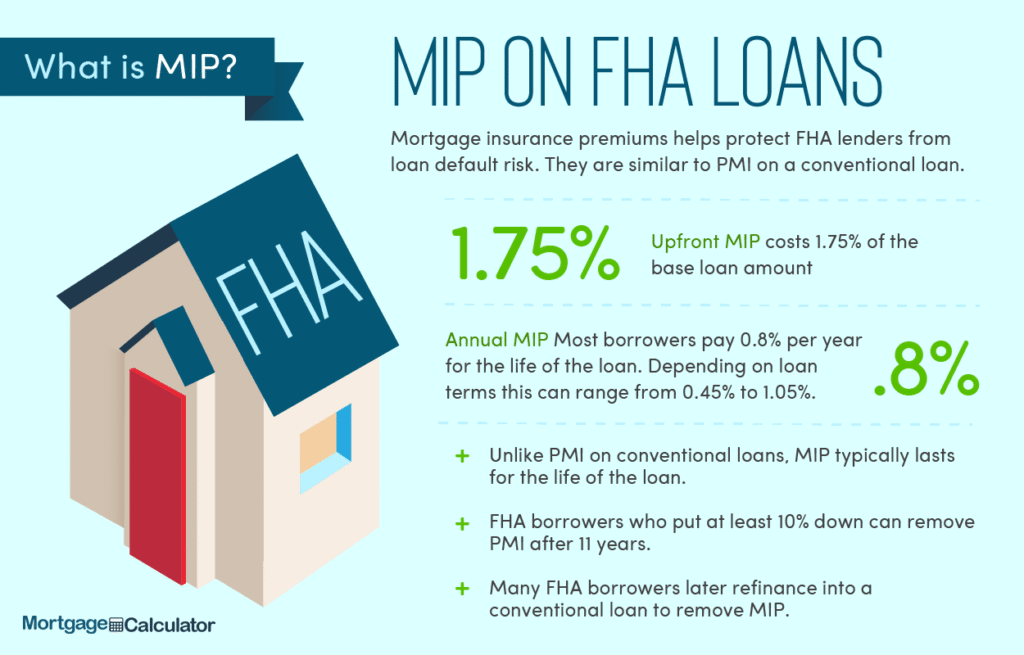In an ever-fluctuating financial market, the wisdom of a financial advisor in constructing a resilient investment portfolio cannot be underestimated. This post explores the multi-faceted approach an advisor takes to ensure your investments can weather market volatility and generate long-term growth.
Understanding Client’s Financial Goals
Financial advisors start the portfolio building process by deeply understanding the client’s financial goals, risk tolerance, and investment horizon. This foundational step ensures that the investment strategy aligns with the client’s life goals.
Assessing Risk Tolerance
After understanding the client’s objectives, advisors assess the client’s risk tolerance. This involves evaluating how much market volatility the client can comfortably endure, which is crucial for building a resilient portfolio.
Diversification Is Key
One of the golden rules in investment is diversification. Financial advisors ensure that the portfolio spreads across multiple asset classes, such as stocks, bonds, and real estate, to mitigate risk.

Asset Allocation
Following diversification, asset allocation is determined based on the client’s risk tolerance and financial goals. This strategy involves dividing investments among different asset categories to achieve the desired risk-reward balance.
Regular Rebalancing
A resilient portfolio isn’t static. Financial advisors regularly review and rebalance the portfolio to keep it aligned with the client’s goals, adapting to any changes in the market or in the client’s financial situation.
Global Opportunities
Financial advisors look for investment opportunities worldwide to exploit potential growth in emerging markets and further diversify the investment portfolio.
Emerging Technologies
Advisors stay abreast of emerging technologies and sectors, identifying promising trends that could yield significant returns, such as blockchain or renewable energy investments.
Alternative Investments
The inclusion of alternative investments like commodities, hedge funds, and private equity can provide non-correlated returns, adding another layer of resilience to the portfolio.

Focus on Quality
Quality over quantity is a principle that financial advisors follow strictly, preferring to invest in well-established and financially sound companies.
Understanding Market Cycles
Advisors utilize their understanding of market cycles to make informed decisions, recognizing when it might be advantageous to buy or sell certain assets.
Inflation Protection
They also consider investments that are likely to perform well during periods of inflation, safeguarding the purchasing power of the portfolio’s assets.
Utilizing Tax-Efficient Strategies
Financial advisors implement tax-efficient investment strategies to minimize the tax burden and maximize returns for their clients.
Risk Management Strategies
Risk management is integral to building a resilient portfolio. Advisors employ strategies like hedging to protect against market downturns.
Monitoring Economic Indicators
Economic indicators are closely monitored to anticipate market trends and make proactive adjustments to the portfolio.
Staying Patient and Disciplined
Advisors emphasize the importance of patience and discipline in investing, advising against reactionary decisions based on short-term market fluctuations.
Estate Planning and Wealth Transfer
A comprehensive investment strategy also includes considerations for estate planning and wealth transfer, ensuring that assets are protected and passed on according to the client’s wishes.
Leveraging Technology
Modern financial advisors leverage technology for better market analysis, portfolio management, and communication with their clients.
Continuous Learning
The financial world is constantly evolving, and advisors commit to ongoing education to stay informed about the latest market developments and investment strategies.
In conclusion, building a resilient investment portfolio requires a holistic and dynamic approach. Financial advisors play a pivotal role in guiding clients through the complexities of the market, employing a variety of strategies to protect and grow their investments over time.
Frequently Asked Questions
How often should a portfolio be rebalanced? Portfolio rebalancing is typically recommended at least once a year, but it may occur more frequently based on significant market movements or changes in the client’s financial situation.
Are alternative investments suitable for everyone? Alternative investments may not be suitable for all investors due to their higher risk and limited liquidity. It’s important to consult with a financial advisor to determine if they fit within your overall investment strategy.
How does diversification protect my investments? Diversification spreads risk across different asset classes, reducing the impact of poor performance in any single investment on the overall portfolio.
What role does technology play in portfolio management? Technology provides advisors with advanced tools for market analysis, risk assessment, and portfolio management, enabling more informed and efficient decision-making.
Can financial advisors help with estate planning? Yes, many financial advisors offer estate planning services, helping clients to structure their investments in a way that aligns with their wishes for asset transfer and minimizes estate taxes.


